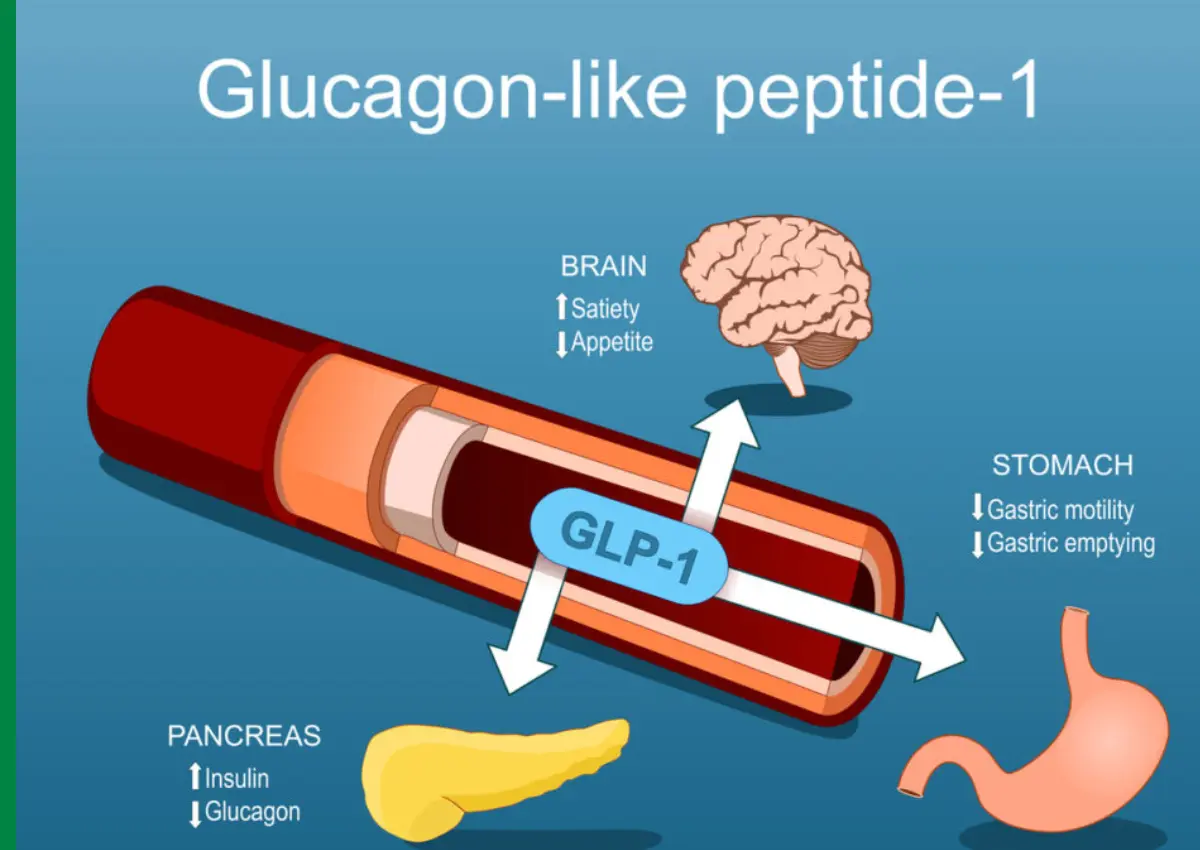Brussels/Washington,In a high-stakes effort to prevent a looming trade crisis, the European Union is moving rapidly to secure a temporary trade framework with the United States ahead of a July 9 deadline set by President Donald Trump. The former president, now in his second term, has warned of sweeping 50% tariffs on EU exports if no agreement is reached.
EU Trade Commissioner Maroš Šefčovič is leading a delegation in Washington this week, holding last-minute talks with top U.S. officials to hammer out the terms of a stopgap deal. Sources close to the negotiations say the two sides are converging on a provisional arrangement that would avoid the harshest tariffs while keeping the door open for deeper, long-term trade negotiations.

Under the proposed “framework agreement,” both parties would agree to maintain current tariff levels — mostly around 10% — for a limited period, with specific carve-outs for sensitive sectors like automobiles, pharmaceuticals, and semiconductors. EU negotiators are also pushing for a standstill clause that would freeze any new trade barriers while formal talks continue.
“This isn’t a comprehensive trade deal,” one EU diplomat said. “It’s a political bridge — a way to de-escalate the immediate threat while we work through the details.”
The urgency stems from Trump’s renewed push for so-called “reciprocal tariffs,” a policy aimed at equalizing import duties with those imposed by U.S. trade partners. Without an agreement, the administration is poised to slap a 50% duty on a wide range of EU goods, a move that could upend transatlantic trade worth over $1 trillion annually.
While many EU countries, including Germany and Italy, are backing the framework approach to protect their exporters, others like France are more cautious, expressing concerns over concessions that could weaken Europe’s regulatory independence — especially in areas like data privacy and digital markets.
European Council President António Costa has stated that the EU will remain firm and is prepared to impose retaliatory tariffs worth €90–95 billion if negotiations fail. “We’re committed to dialogue, but not at any cost,” Costa said during a press briefing in Brussels.
U.S. Commerce Secretary Howard Lutnick and Trade Representative Jamieson Greer have signaled optimism about the talks, but White House officials remain tight-lipped about whether Trump will delay or reduce the planned tariffs without a firm deal on the table.
Trade analysts say a framework agreement, even if temporary, could ease market tensions and prevent immediate price shocks in key sectors — including automobiles, aerospace, and industrial machinery — while buying time for more detailed discussions on regulatory alignment and supply chain coordination.
The next 72 hours will be critical. EU ambassadors are scheduled for a closed-door briefing Friday, where they will review the latest draft of the proposed deal. Both sides aim to make a formal announcement by the end of the weekend, just ahead of the July 9 deadline.
If the agreement collapses, a full-blown tariff war could begin next week, with implications reaching far beyond trade — potentially straining diplomatic relations and rattling global markets.



